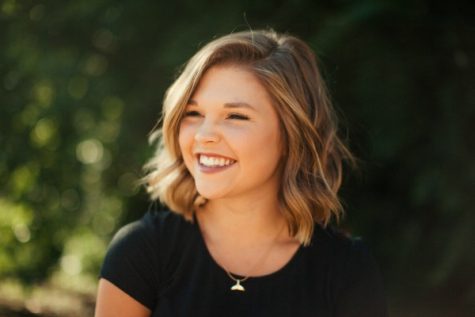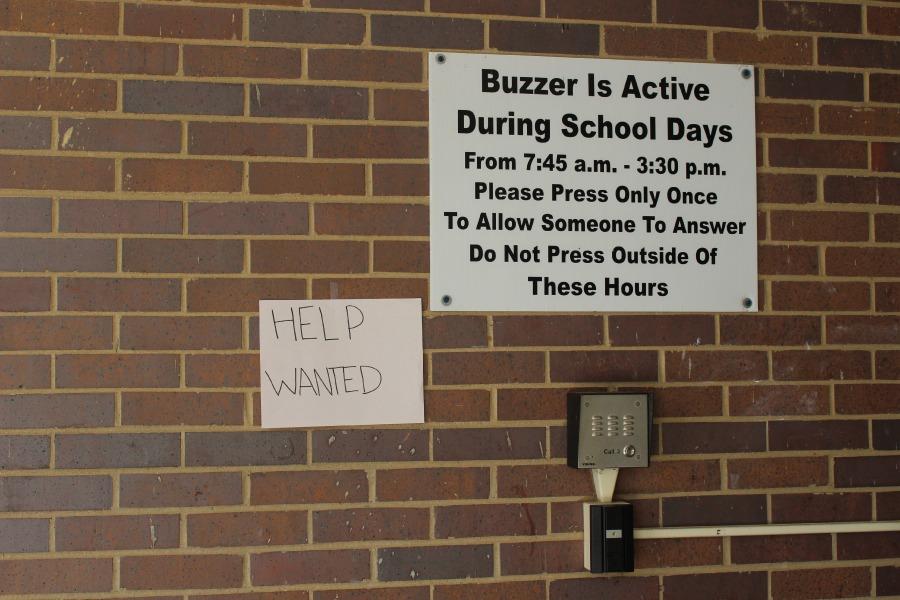Education in need of reform
The children sitting in classrooms today are the future leaders of the world tomorrow. Is the education that they are receiving setting them up for a bright future? Not necessarily. There are several severe problems in education that need to be addressed.
With the increase of testing, students are being put on the spot and have to grind through standardized test after standardized test. If students do not perform well on these tests, teachers’ jobs are being put on the line. Because of this, teachers are worried more about the students passing the test than they are the quality of education the students are receiving. Teachers should be trusted to teach their students what they think the students need to know, and build relationships with these students, instead of teaching them how to pass a test. Teachers are supposed to teach their pupils more than just the curriculum; they should teach values, morals, and life lessons in general, but in most schools, teachers are expected to focus on standards from bell to bell. DCHS English teacher, Mrs. Rucker, said, “Standardization of education began to see problems right away. And Delphi is not immune to those effects.”
Another outcome of the education reform is the No Child Left Behind Act. Basically, No Child Left Behind was designed to improve students’ achievements and renovate America’s schools. President Bush enacted this policy and stated, “Too many of our neediest children are being left behind.” It is a great idea that was built off good intentions; however, it has actually only reduced the rigor and lowered the bar in school curriculums so all students can meet expectations. Another modern initiative is a nation-wide competition between states called Race to the Top, where each state is competing for the highest test scores, bringing us back to the stress of testing and how it runs the classroom.
With all these stressors in education, the profession is becoming more unpopular every year. According to the IES National Center for Education Statistics, of the 3,380,300 public school teachers who were teaching during the 2007-08 school year, 8.0 percent (270,424) left the profession during the following year. Research points to a couple of common reasons for this mass exodus. Former high school social studies and algebra teacher Richard Ingersoll stated, “One of the big reasons I quit was sort of intangible, but it’s very real: It’s just a lack of respect,” he said. “Teachers in schools do not call the shots. They have very little say. They’re told what to do; it’s a very disempowered line of work.” Another teacher commented, “The government isn’t helping teachers be all that they can be. There are too many administrators who don’t know about the teaching side of education that are breathing down teachers’ necks and telling them how to teach.” Another factor that contributes to the fall in quality education is teacher salary. Today in America, the average teacher salary is around $46,167. For all the work teachers put into their jobs, they don’t get much back. In Finland, teachers have an approximate average salary of $70,000. They also have a much different teaching style, focusing more on life skills, self-image, and general manners. Finland ranks very high globally in academic regards. It is suspected by many that the salary teachers earn in the United States will have to drastically increase to entice college graduates to pursue a teaching career, and the education system will have to immensely improve to compete with countries like Finland.
The combination of the stress from standardized testing, the reversed outcome of No Child Left Behind, and the lack of respect in the classroom, is causing education to go down a dark path. Many drastic changes will have to be made to the American education system if we hope to compete with other countries and prepare our students for a bright future.

Emilee is a senior at Delphi and in her third year on the Parnassus staff. She is also involved with Interact club, Student Council, and NHS. In her free-time,...






















